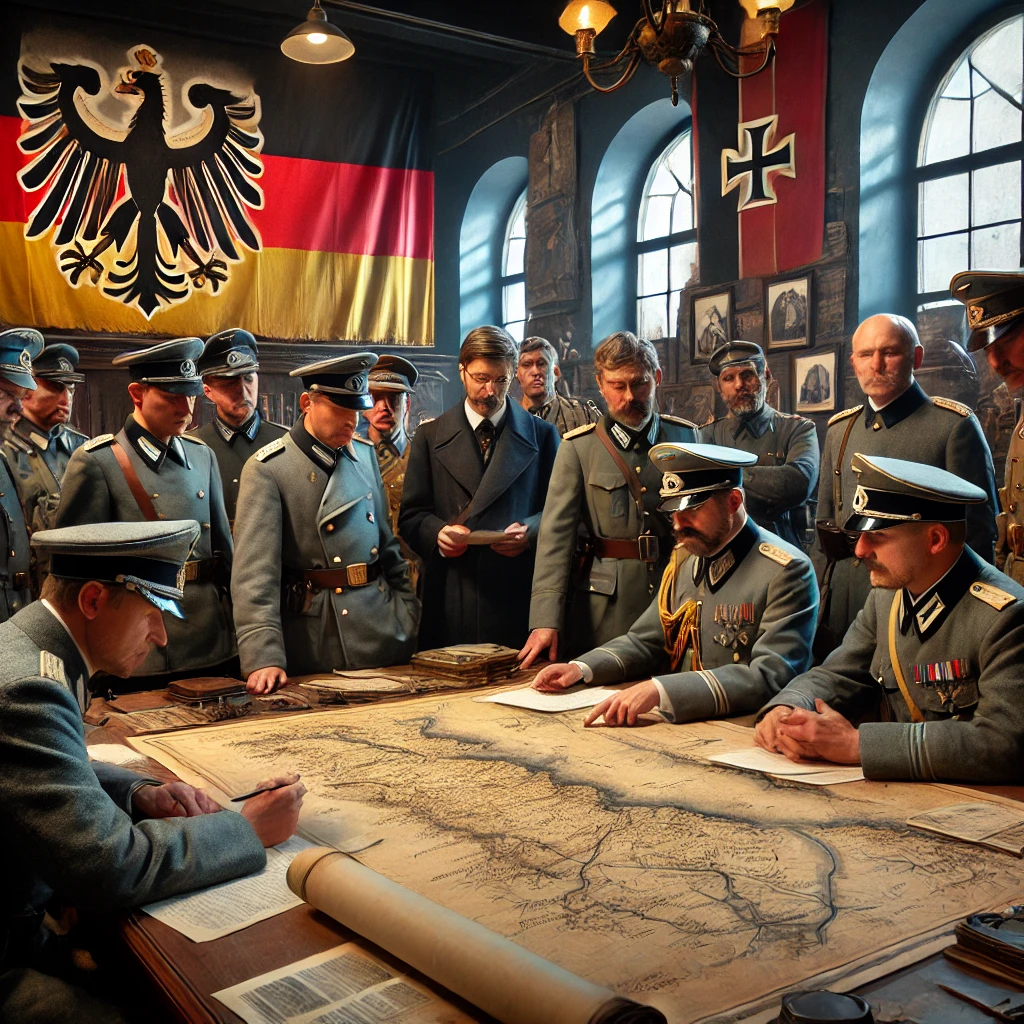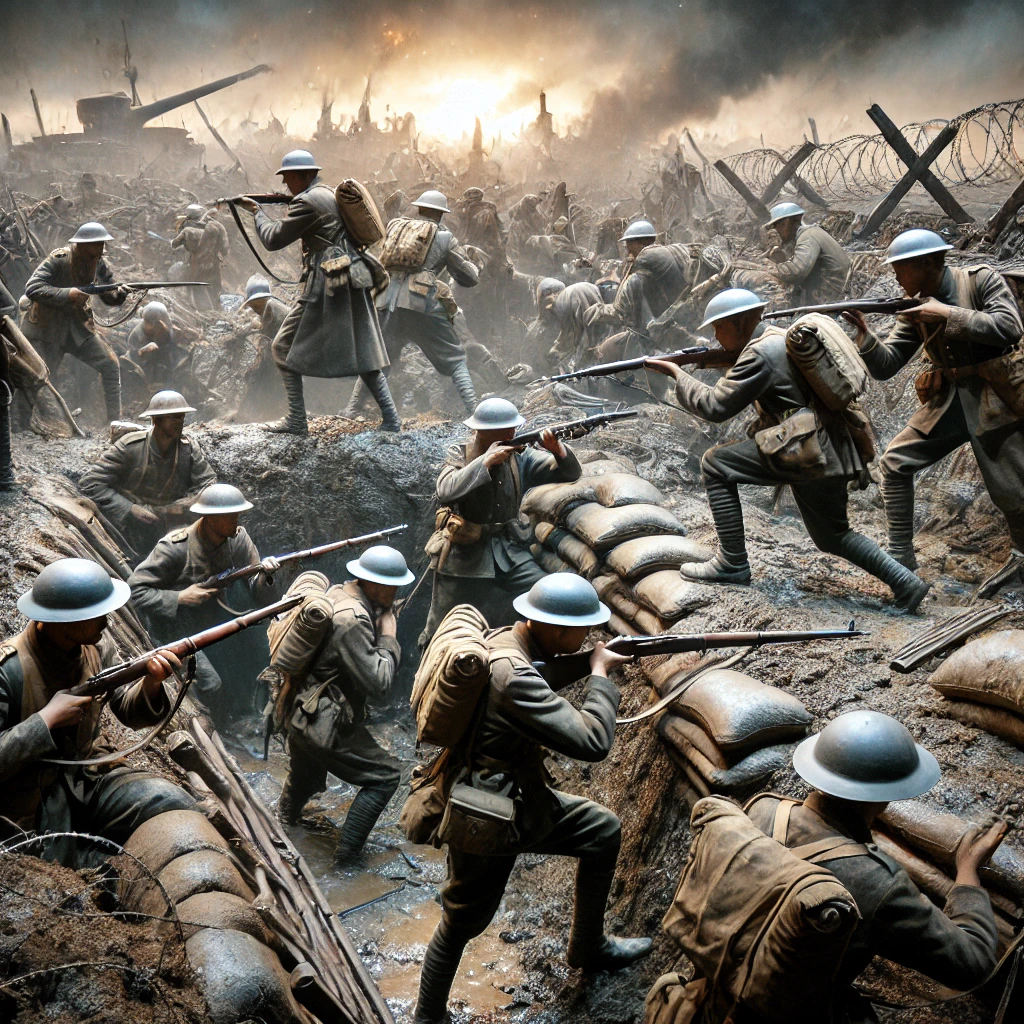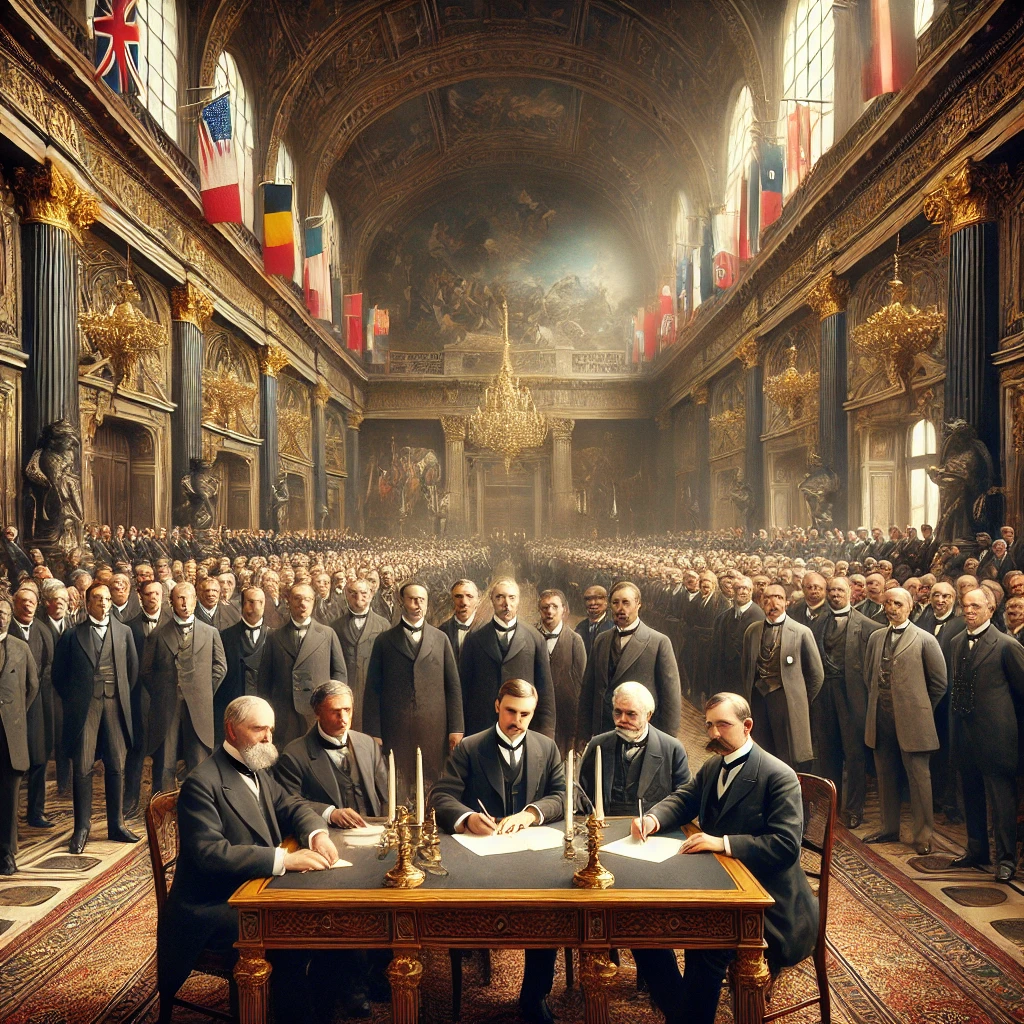On August 1, 1914, Germany declared war on Russia, marking a significant moment that sparked the beginning of World War I. This declaration initiated a chain reaction among global powers, resulting in one of the most devastating conflicts in history.

The Events Leading to World War I
The assassination of Archduke Franz Ferdinand of Austria-Hungary on June 28, 1914, triggered a series of events that escalated into World War I. Austria-Hungary, backed by Germany, declared war on Serbia, prompting Russia to support Serbia. Germany’s subsequent declaration of war on Russia was part of its alliance with Austria-Hungary and its military strategy known as the Schlieffen Plan, which aimed to quickly defeat France before turning to Russia.
Impact on Society in the USA
Initially, the United States maintained a neutral stance under President Woodrow Wilson, reflecting a widespread desire to stay out of European conflicts. Despite this, the war had a significant impact on American society and the economy.
The demand for American goods surged as European nations required supplies, leading to an economic boom. American industries, particularly in manufacturing and agriculture, experienced increased production and profits. This period of growth foreshadowed the United States’ eventual emergence as a global economic leader.
The war also affected immigration patterns, causing a decline in European immigrants and impacting the American labor force and cultural landscape.

Impact on World Politics
Germany’s declaration of war on Russia drew in their respective allies, rapidly expanding the conflict. France and Britain, allied with Russia through the Triple Entente, soon joined the war against Germany and Austria-Hungary. The conflict spread globally, affecting colonies and territories worldwide.
World War I significantly altered the political landscape, leading to the collapse of empires such as the Austro-Hungarian, Ottoman, Russian, and German empires. These changes reshaped national borders and gave rise to new nations. The war also catalyzed major political changes within countries, including the Russian Revolution in 1917, which established a communist government.
Historical Significance of World War I
Germany’s declaration of war on Russia marked the start of a conflict that would redefine the 20th century. World War I introduced unprecedented levels of destruction and loss of life, with an estimated 16 million deaths and 21 million wounded. The war saw the use of new military technologies, including tanks, machine guns, and chemical weapons, fundamentally changing warfare.
The Treaty of Versailles in 1919 officially ended the war, imposing heavy reparations and territorial losses on Germany. These harsh conditions contributed to economic hardship and political instability in Germany, factors that facilitated the rise of Adolf Hitler and the onset of World War II.

World War I also had a profound impact on international relations, leading to the establishment of the League of Nations. This early attempt at creating a global organization aimed to prevent future conflicts. Although the League ultimately failed to prevent another world war, it laid the groundwork for the United Nations after World War II.
Conclusion
Germany’s declaration of war on Russia on August 1, 1914, was a pivotal event that marked the beginning of World War I. The war had far-reaching impacts on American society, world politics, and the course of history. Its legacy is seen in the geopolitical shifts, social changes, and lessons that continue to influence international relations today.
By understanding the events that led to Germany declaring war on Russia and the subsequent global impact, we gain insight into the complex dynamics that shaped the modern world.
